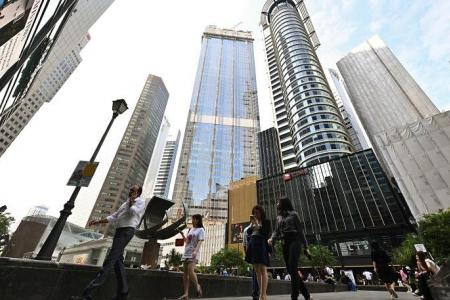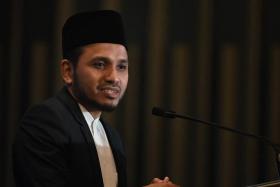Proposed framework for workplace fairness law boosts safeguards and deterrence; accepted by Govt
Women planning to conceive, working mothers who are breastfeeding and workers with disabilities will soon have stronger protections under the law.
Employers that refuse to correct blatant prejudices will also face stiffer penalties under the proposed framework for Singapore’s first workplace fairness law, which is slated for enactment in the second half of 2024.
The framework is set out in a report comprising 22 recommendations, which was released on Friday by a tripartite committee formed to tackle workplace discrimination. It was formulated after a consultation process on 20 interim recommendations released in February.
The committee, convened in July 2021, comprises the Ministry of Manpower (MOM), National Trades Union Congress (NTUC) and Singapore National Employers Federation (SNEF).
At a press conference on Friday, Manpower Minister Tan See Leng called the proposed law a significant step forward on Singapore’s tripartite emphasis to build harmonious workplaces, protect workers and support business growth.
Under the proposed new legislation, employers will have to set up grievance handling processes and inform employees about the procedures.
Upon receiving a complaint, employers must conduct inquiries, document the process and communicate the outcome to the aggrieved employee, whose confidentiality must also be assured.
The legislation will prohibit retaliation against staff who report workplace discrimination, including dismissal, denial of re-employment, salary deduction, deprivation of contractual benefits, and harassment.
It will apply across all stages of employment, from hiring to termination.
NTUC Secretary-General Ng Chee Meng said the legislation completes the last mile of Singapore’s approach towards workplace fairness, which involves discussions among the Government, employers and unions.
The committee’s final recommendations are a culmination of nearly two years of consultation with stakeholders such as employee groups, employers, trade associations and chambers, human resource and legal professionals, and community organisations.
They were engaged through dialogues, focus group discussions, surveys and a public feedback exercise.

Get The New Paper on your phone with the free TNP app. Download from the Apple App Store or Google Play Store now


